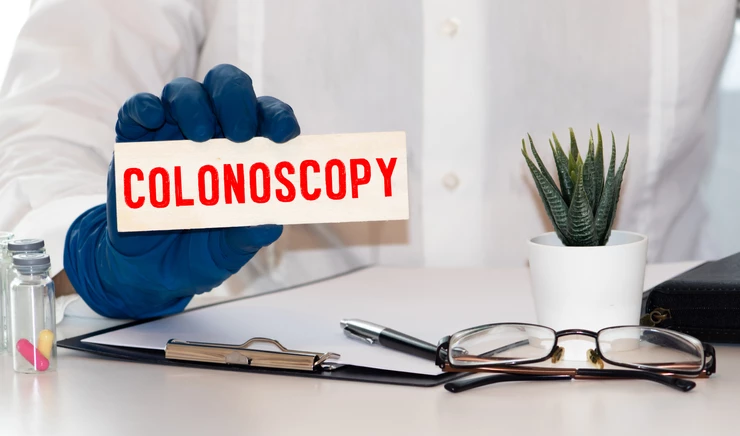Colonoscopy: What You Need to Know
If your doctor recommends that you have a colonoscopy, the good news is that you don’t have to worry. Your imagination may take over and leave you visualizing an awful procedure, but it’s not. Most likely, you will be asleep during the procedure. Most people find the preparation for a colonoscopy is the worst part.
What is a Colonoscopy? When Should I get it?
A colonoscopy is a procedure your physician uses to look inside your colon and large intestines to explore possible causes such as rectal bleeding, abdominal pain, or changes in your bowel habits.
Most people should get tested for colon cancer screening no later than age 45. The current recommendation by the American Cancer Society GUIDELINE (2022) for Colonoscopies to prevent colorectal cancer starts at age 45. If your colonoscopy has no signs of cancer, you should have the exam again every five years. TISSUE SAMPLE OR Polyps (abnormal TISSUE) can be removed during a colonoscopy before they turn into cancers. A virtual colonoscopy may be advised to evaluate the remainder of your colon if your doctor was unable to extend the scope through your whole colon during a traditional colonoscopy.
People at High Risk for Colorectal Cancer
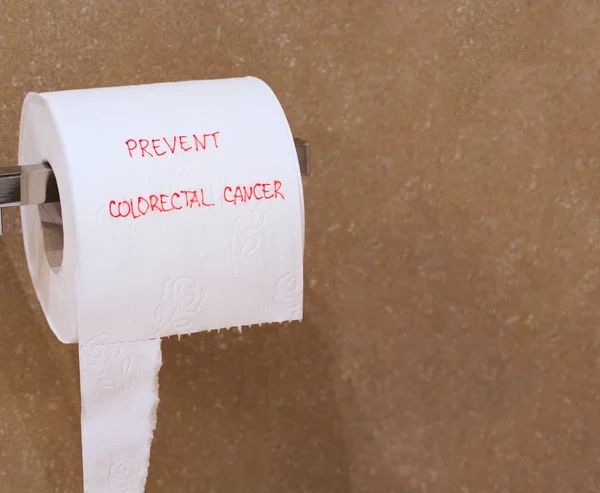
People with Crohn’s disease or ulcerative colitis, which are inflammatory bowel diseases, need to get follow-up colonoscopies starting at least seven years after being diagnosed with inflammatory bowel disease. Then have a follow-up colonoscopy every 1-3 years, depending on your diagnosis and what they found on your previous colonoscopy.
People with certain genetic syndromes need to start as early as their teenage years for COLORECTAL CANCER SCREENING. If colorectal cancer runs in your family, or you think you are at high risk, your doctor can help you learn more and suggest the avenue for preventative healthcare and treatment.

Preparation for a Colonoscopy
Before your doctor gives you a colonoscopy, you will have a sit-down to provide the doctor with any medications or a medical condition you might have, including:
- Digestive and Kidney Diseases
- Lung conditions
- Heart conditions
- Allergies to medications
- **It’s important to tell your doctor you have diabetes or take medications that could affect blood clotting. They may need to modify these medications before the procedure.
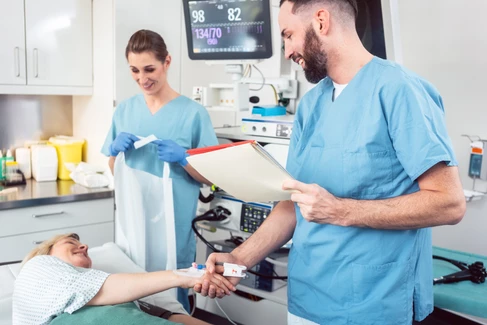
STEP 1
Your colon AND RECTUM must be clean before the colonoscopy procedure. You might hear this referred to as a bowel prep. You will need to consume only clear liquids and no solid food 24 hours before the procedure. You can still drink clear broth, sports drinks, and coffee or tea.
STEP 2
Your bowel needs to be emptied. You can do this by:
Drinking a laxative prescribed by your doctor
**Carefully follow the directions!)**
STEP 3
Make sure you have arrangements for someone to take you home after the colonoscopy. Since you will be sedated during the procedure, you should not operate any machinery for at least 8 hours afterward.
You can find information about a few typical bowel preparations that have been endorsed by the American Gastroenterological Association, American College of Gastroenterology, and American Society for Gastrointestinal Endoscopy.
What Happens During the Colonoscopy?
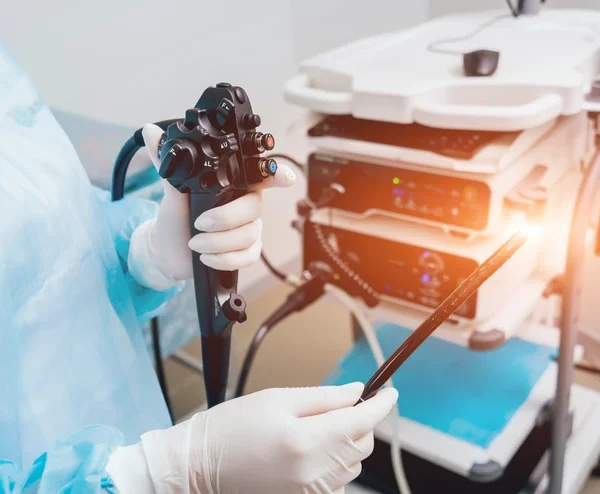
- You will speak with both a gastroenterologist and the anesthetist before the colonoscopy to explain the procedure to you once more, any risks involved and will answer any final questions you may have.
- You lay on the exam table, on your left side, during your colonoscopy.
- You will be sedated through an IV in your arm, falling asleep.
- The doctor then inserts a tube (colonoscope) into your rectum. The tube is only about ½ inch wide, but it is long. It is a video camera with a light on the tip so your doctor can see if there are any problems in the lining of your colon.
- The colonoscope has a tube that your doctor can pump air through to inflate your colon. It provides a better view of the lining of your colon.
- The doctor uses a small snare through the colonoscope to gather tiny samples of your colon (biopsy).
- Your doctor can remove any abnormal growths, called polyps.
After the Colonoscopy
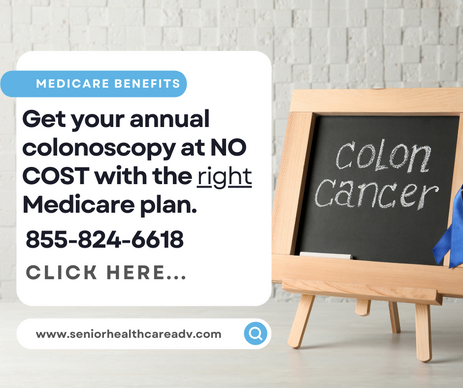
After The Successful colonoscopy PROCEDURE THAT takes about 30 minutes. Then you will be in the recovery room for about an hour to wake up from the sedatives.
You may pass gas or have some cramping, which is normal. You can go back to your regular diet as soon as you get home.
Make sure you understand all of the directions and that all of your questions are answered before you leave the doctor’s office.
Your doctor may tell you not to take certain medications, like blood thinners, for a few days. Bleeding is very rare, but call your doctor immediately if you experience any of the following:
- Severe abdominal cramping, chills, or fever
- Bleeding that continues for a long time.
- **The biopsy results can take up to 2 weeks.
How long will it be before my next bowel movement? Your colon is empty, so it can be a few days before you experience a bowel movement. The amount of roughage (foods high in fiber) you consume also affects this.


